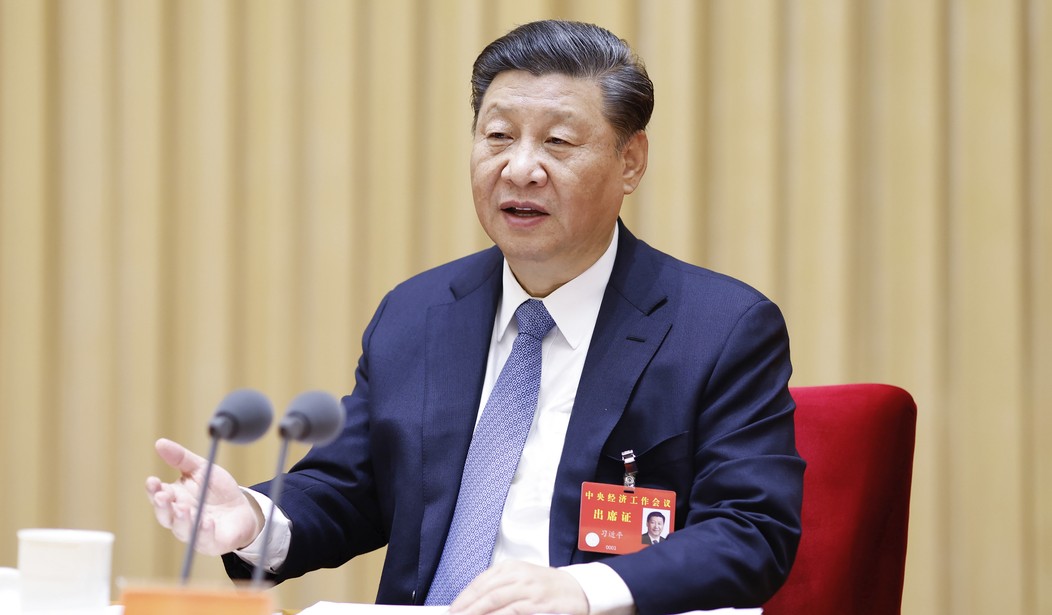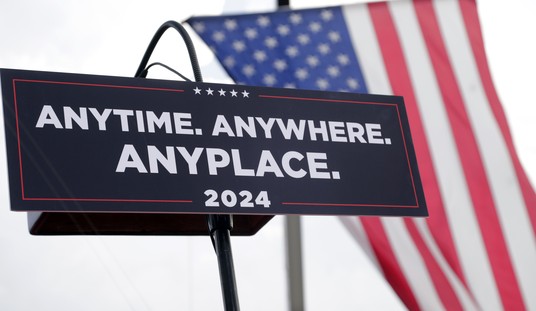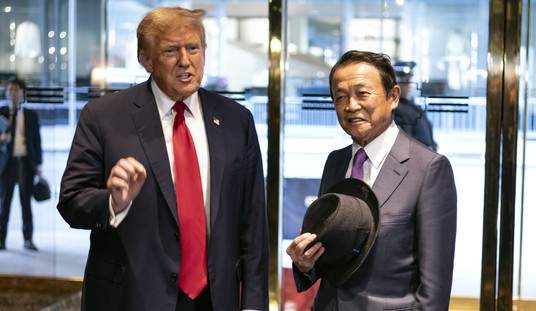Ever since China suddenly abandoned its zero-COVID policy in the wake of protests, there have been pretty clear signs that the country’s economy was not recovering as Xi Jinping probably hoped it would. In March a very pro-China columnist for the South China Morning Post warned that Xi was making a mistake by leaning into communist nationalism too hard. Chinese business leaders were worried about it too.
Interviews with more than a dozen Chinese entrepreneurs, venture investors and analysts found widespread concern about Beijing’s approach to private enterprise, just as the country is trying to recover from three years of Covid lockdowns. Despite reassuring comments from Communist Party leaders, they worry China’s pro-market stance won’t last.
Even more worried were foreign investors who saw the rollout of a new espionage law as a vague threat that could be used against them at almost any time. Companies who invest millions in another country like to do some due diligence on the market and competitors, but now all of that kind of information gathering was potentially a crime.
But the core of China’s problem was real estate. For decades the country has experienced a boom in housing with people sometimes buying 3 or 4 houses as a legal way to invest their money and make a profit. But lately the real estate market seems to be on the verge of collapse. One major developer has already gone bust and another, called Country Garden, now looks to be on the verge of collapse.
Country Garden, a Chinese real estate giant, has lost billions of dollars and racked up $200 billion in unpaid bills. It’s on the hook to deliver, by one estimate, nearly one million apartments across hundreds of cities in China…
Even as other developers stopped paying their bills, Country Garden continued to make good on its obligations. It began to rely more heavily on the revenue from selling apartments before they were finished and using that money to help finance its operations.
A slump in home buying this year has placed the company in a crisis, facing what it described as the “biggest difficulties since its establishment.”…
In early August, Country Garden skipped two interest payments on loans. If it does not pay up by early September or get the creditors to give it more time after that 30-day grace period, it will default. Investors are not likely to lend it more money if that happens. The company’s share price has fallen below $1 in Hong Kong.
Country Garden cut about 30,000 jobs last year and so far there’s no sign that the ruling party is ready to write the company a check to cover the losses. On the contrary, Xi Jinping could mandate that the company deliver on the hundreds of thousands of apartments it promised to build even if the company has no money to pay its workers or suppliers. How long that could last is anyone’s guess.
This is happening as other developers already owe suppliers an estimated $390 billion. You begin to see how a few defaults would ripple through the economy, possibly causing many more companies to go out of business, putting lots of people out of work and demolishing the investments of hundreds of thousands of families.
There’s already evidence that China has a serious problem with youth unemployment but as of this week, the country has decided to stop reporting the numbers.
The Chinese government, facing an expected seventh consecutive monthly increase in youth unemployment, said Tuesday that it had instead suspended release of the information.
The unemployment rate among 16- to 24-year-olds in urban areas hit 21.3 percent, a record, in June and has risen every month this year. It was widely forecast by economists to have climbed further last month.
The decision to scrub a widely-watched report could exacerbate the concerns expressed by investors and executives who say ever-tightening government control of information is making it harder to do business in China.
The Chinese bureau which publishes these statistics has previously withheld a report on consumer confidence which was expected to have bad news. The conclusion of close observers of China’s economy is that Xi has decided to stop reporting bad news because he’s afraid people inside China will panic. And it’s true that inside China he has pretty substantial control of what gets reported and what narratives are allowed to circulate. He can simply refuse to allow people to learn about it or talk about.
But outside China this decision is having the opposite effect. Foreign investors who were already nervous about the new espionage law are now going to be even more nervous about the state of the country’s economy. That will only make things worse.








Join the conversation as a VIP Member